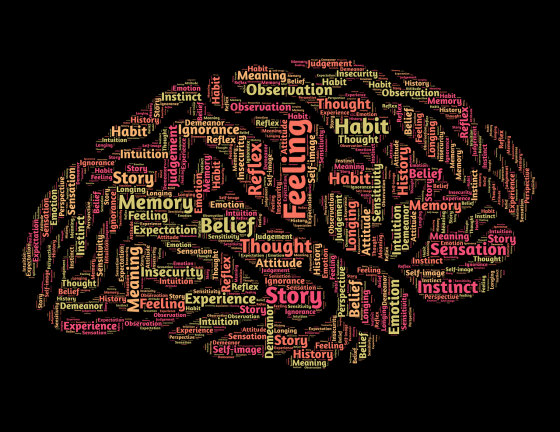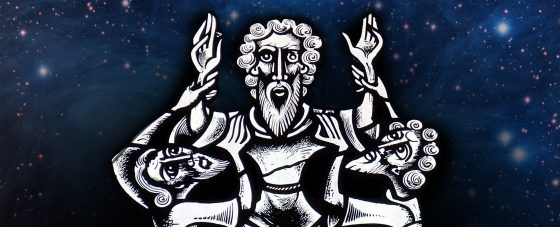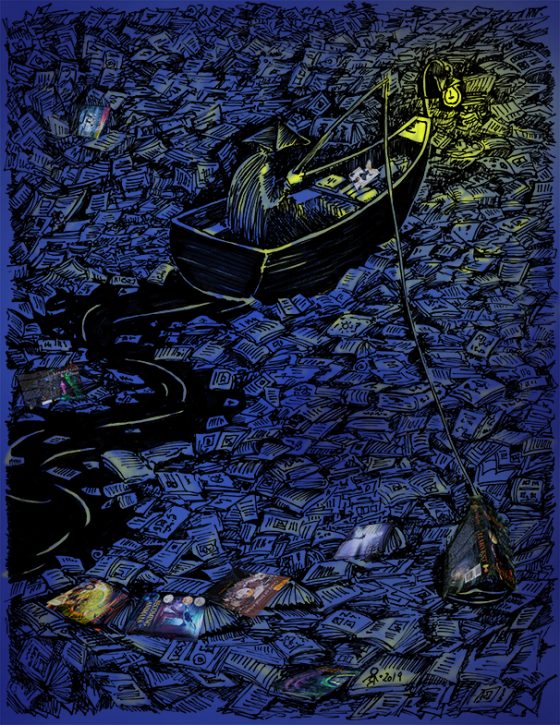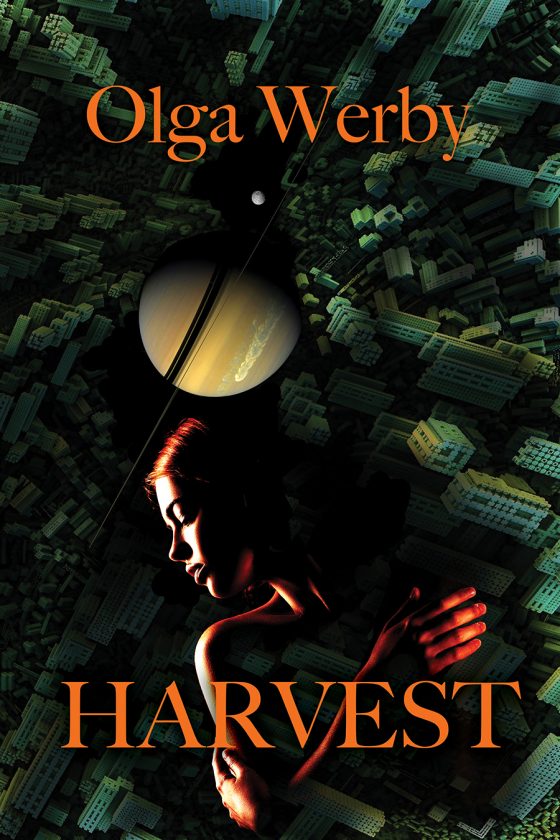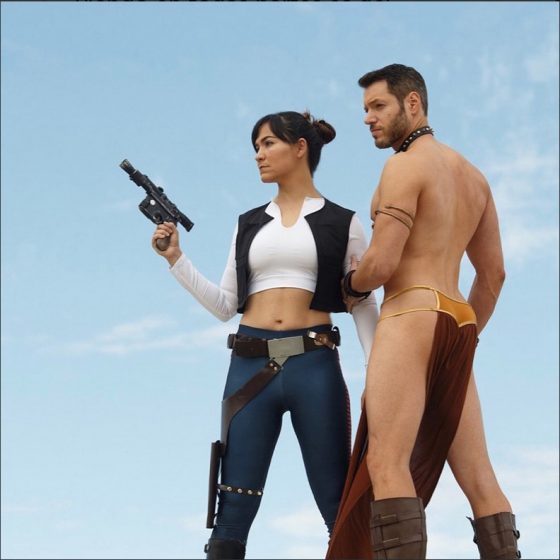
Happy Valentine’s Day! In honor of this special holiday, I wanted to say something about love and women’s power. My first novel was “Suddenly, Paris” — a story of true love in many worlds. I wanted to write a science fiction romance. But not a gooey mush of a thing, but a story where the female lead was smart and abled and powerful…and flawed. And I wanted to embed the romance in a real (albeit far fetched) science, computer science, in this case. I ultimately wrote the book with my husband and it won numerous awards including being placed on the Long List for The James Tiptree Jr. Awards in 2016. (The free ebooks link below has this book.) I started writing this story at the height of the Twilight craze. I saw girls in sixth grade who have never read a book in their lives hold this one and read it in their spare time! What was it about Twilight that grabbed hold of the zeitgeist of that time? I read all those books too and I really liked them…and not. So I wanted to analyze the attraction they held for women of all ages. So what was it? 1. No…

